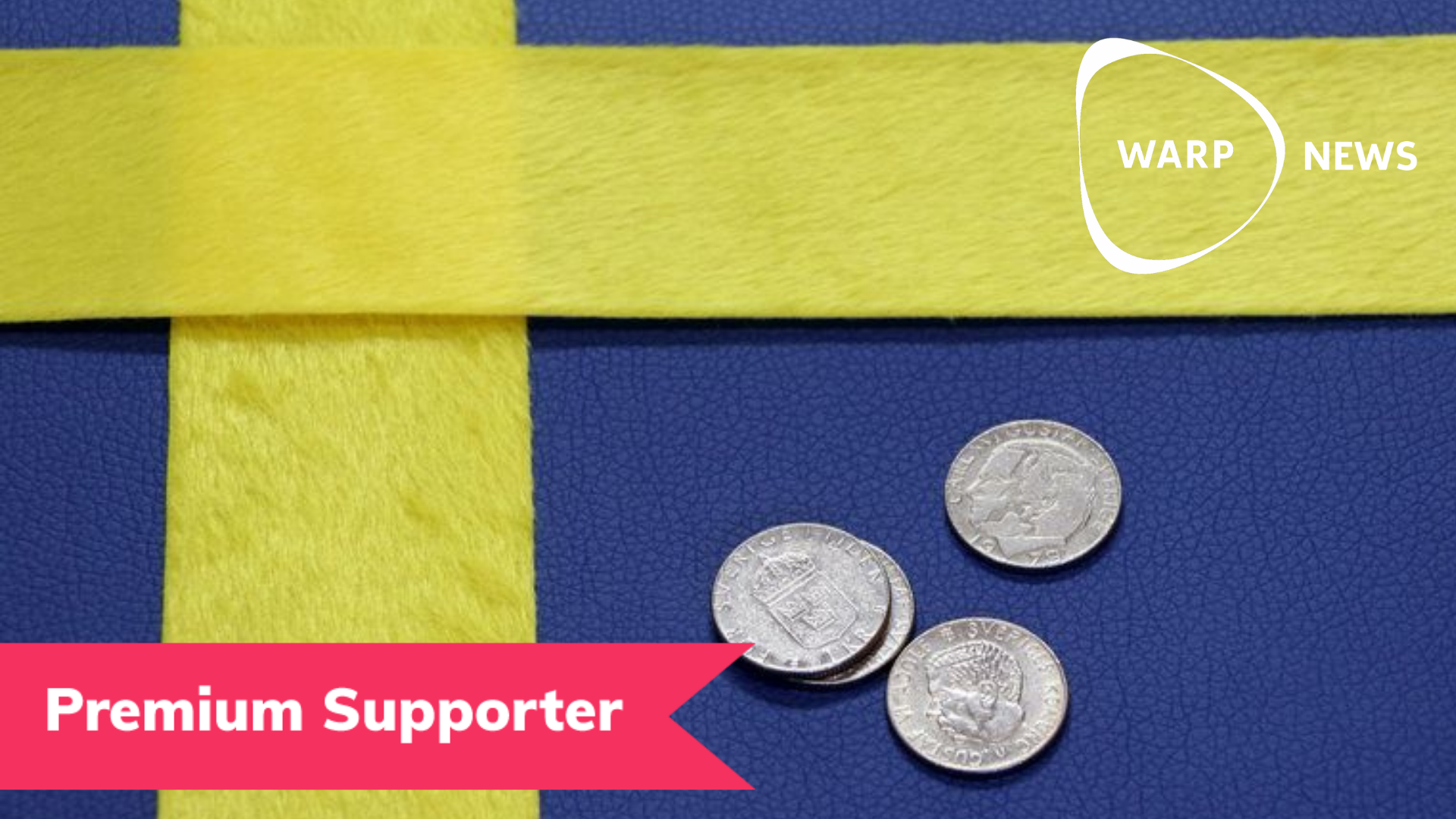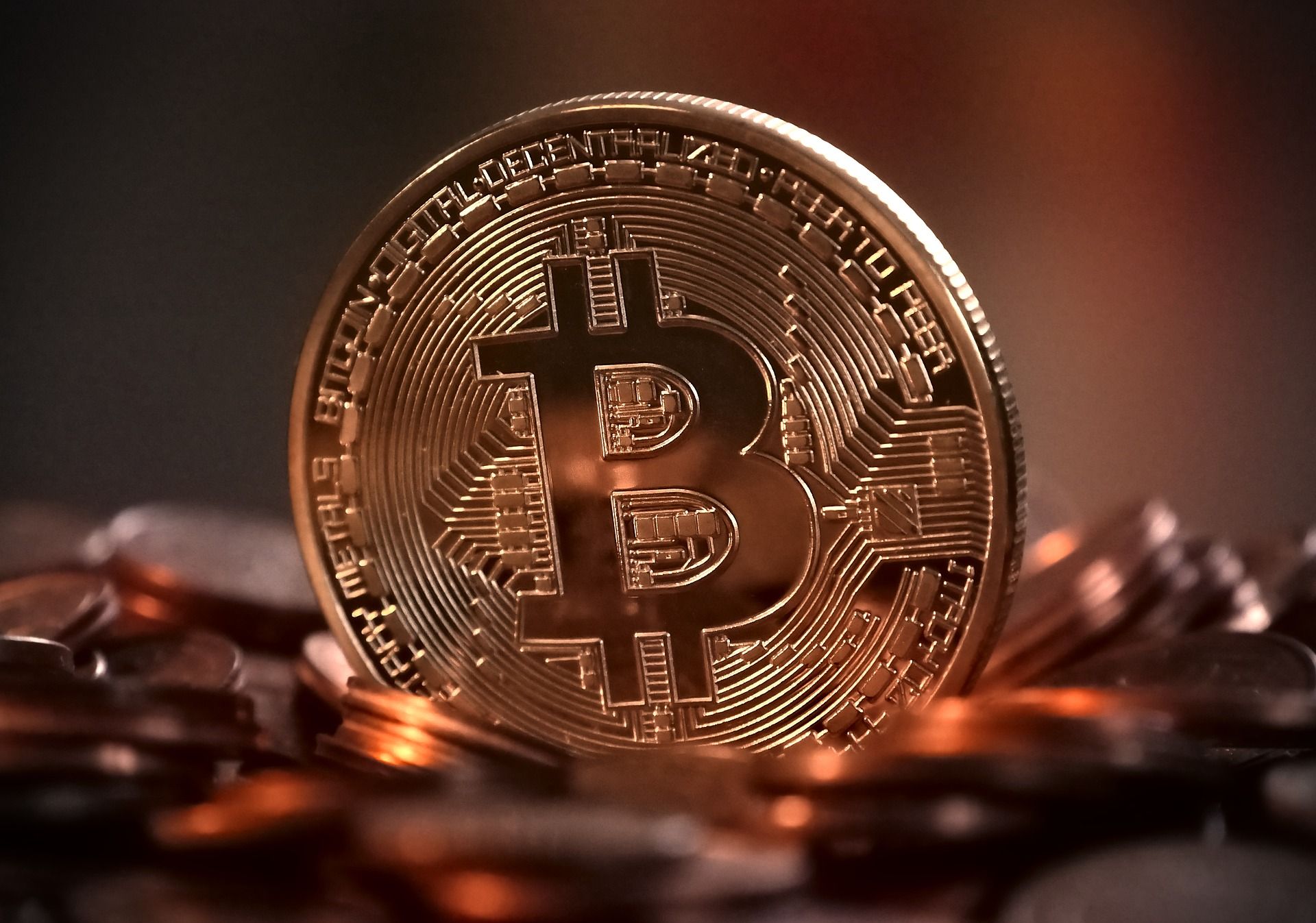
💸 Coming closer: Swedish e-krona
Electronic payments offer an unprecedented level of efficiency when it comes to tackling both money laundring and terrorism. Md Motiur Rahman writes about the launch of the Swedish e-krona which is coming closer...
Share this story!
As cryptocurrency adoption continues, the use of cash as a form of payment continues to decline. At the same time, the interest in blockchain technology and its application in issuing electronic money continues to grow.
After all, governments realize that electronic payments offer an unprecedented efficiency level, especially when tackling terrorism financing and money laundering issues. As early as 2017, Sweden’s government started its journey toward launching its first CBCD (Central Bank Digital Currencies) with the release of the e-krona.

What is e-krona?
E-krona is a Central Bank Digital Currency (CBDC) launched in 2017 by Sweden’s Riksbank. According to the Riksbank, issuing the e-krona is designed to ensure and maintain trust in the monetary system.
The e-krona is said to be built on a blockchain similar to any other cryptocurrency; however, while cryptocurrencies run on a decentralized network of nodes, the e-krona blockchain is owned and managed by the Riksbank. For this reason, there is no need to mine e-krona as you would with a cryptocurrency such as Bitcoin. The Swedish government claims that e-krona will feature more “stable development in its purchasing power” than Bitcoin.
Riksbank moved to issue the e-krona after analyzing the technical solutions of a CBDC. As Sweden’s only organization with a monopoly over issuing legally valid coins and notes, the Riksbank evaluated the future role of Central Bank Issued money and moved to issue e-krona as an alternative to commercial currencies.
As a society, in general, continues to adopt digital currencies, e-krona would offer access to state money in a digital format, thereby allowing better adaptation of Sweden’s legal tender to a society that is becoming increasingly more digital.
What's next up for the e-krona?
To date, e-krona has only existed as a pilot project simulated within the environment of the Swedish Riksbank. However, plans are underway to broaden the project and move to the next phase, which includes partnerships with other commercial banks looking to issue CBDCs.
As the world moves closer to a future where digital payments are the norm, the Riksbank has continued investigating the need for an e-krona and its overall effect on the Swedish economy. This includes setting up a team testing the technical solution offered by e-krona and investigating the need for changes in the Swedish legislation.
A report by the Swedish government points out how the Swedish payment market is entirely run by private actors, concentrated on a small number of commercial actors and payment services. In the future, therefore, the Swedish government sees e-krona as a digital payment solution free from the economic shocks on the open market.
Sweden among few yet bald, currency players
Despite the increasing popularity of cryptocurrencies and their obvious utility in formulating robust and modern monetary systems, few countries apart from Sweden, China, and the Bahamas have taken the bold move into this new realm of technology.
Even though Sweden’s e-krona is still in its pilot phase, the move to partner with other commercial banks and private payment solution providers will bring the public launch of e-krona closer to realization.

By becoming a premium supporter, you help in the creation and sharing of fact-based optimistic news all over the world.



